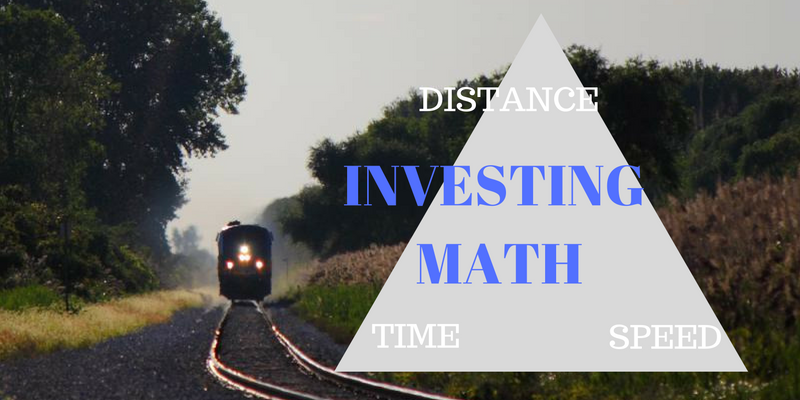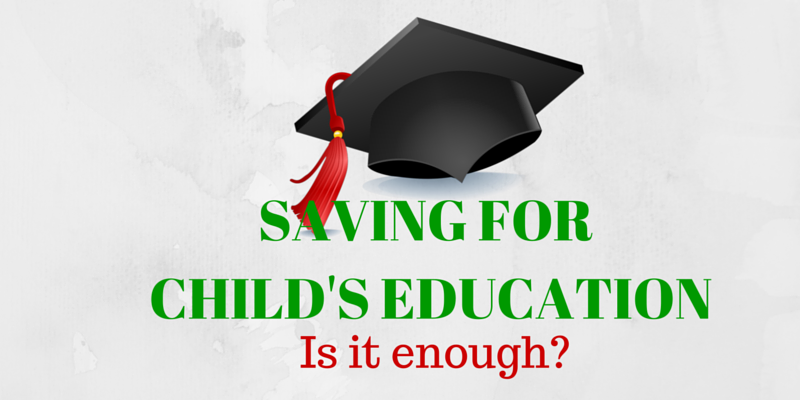We have lived through times where tedious paperwork defines every single activity related to money and our financial life.
Not just that, access to your own information was a nightmare with several agencies holding various parts of it. Every single time, the responsibility is on you to get it all together and prove that the person in question is you. This dreaded process is also called KYC.
Over the years, the hassles have reduced but not been eliminated. We have greater access to online tools with some organisations promising us completely seamless and paperless experience. We have all had the experience in some measure, small or large.
But I was recently floored by my interaction and experience with the government departments. This includes the Income Tax Department and UIDAI (issuer of Aadhar).
I would like to share some of these super initiatives with you.
This post highlights 5 such initiatives that aim to bring a significant change in the way you will handle your financial life.





